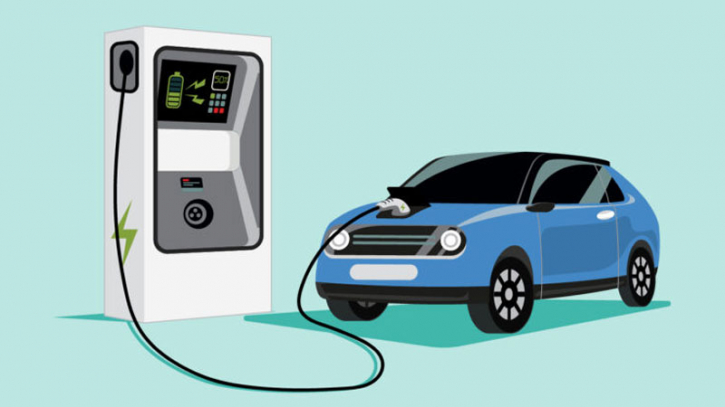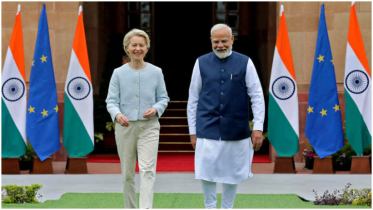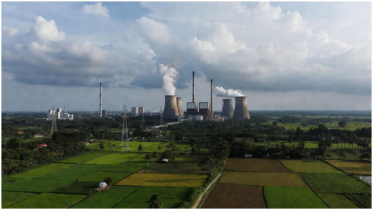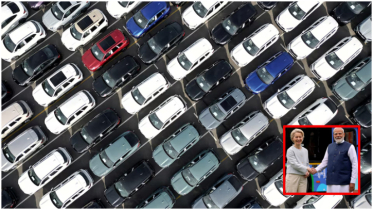Bangladesh aims for 50% electric cars by 2050

South Asian growing economy, Bangladesh is gearing up for a transformative shift in its transportation sector with an ambitious plan outlined in the Integrated Energy and Power Masterplan 2023 (IEPMP-23).
The goal is to ensure that half of the total population of the country has access to electric vehicles (EVs) by 2050, a move that is expected to revolutionise the country's energy landscape.
A significant portion, around 80%, of the liquid fuel currently consumed in Bangladesh is utilised in transportation.
Even if at least 40% of the population moves to using EVs, a significant portion of fuel consumption will be reduced, leading to substantial financial savings.
The government has taken proactive measures to launch this initiative, with the Dhaka Electric Supply Company (DESCO) playing a pivotal role in developing EV charging stations.
Recognising the magnitude of this undertaking, stakeholders emphasise the need for additional investors to actively participate in the realisation of this vision.
Kawsar Amir Ali, Managing Director of DESCO, said in this regard that if people bring EVs, they will have to charge them to run.
“That is why we have made several charging stations in the city. Gradually, the number of charging stations will increase as EV usage becomes more popular,” he added.
According to IEPMP-23, nearly half of the country's fuel consumption occurs in households, with 55% derived from biomass, mainly wood. The plan advocates for a shift from biomass to cleaner energy sources, including LPG, thereby reducing household fuel consumption.
While the current number of electric vehicles in Bangladesh is relatively low, IEPMP-23 focuses on a paradigm shift, envisioning that by 2050, 40% of private cars and 10% of buses and trucks will be EVs.
Initiatives such as the importation of electric buses by Dhaka North City Corporation (DNCC) align with this vision, supported by advancements in EV technology that enable substantial travel distances on a single charge.
Notably, global players like Tesla are entering the scene with plans to establish an EV assembly plant in Bangladesh, making electric vehicles more accessible.
The forthcoming lithium-ion battery factory in Chittagong’s Mirsarai Bangabandhu Industrial Zone further reinforces the commitment to creating a conducive environment for EV adoption.
Mohammad Hossain, director general of Power Cell, said the IEPMP-23 places a strong focus on energy conservation.
“The introduction of EVs can be seen as a strategic move to reduce dependence on diesel and octane imports, paving the way for significant cost savings in the long run,” he said.
Efforts are also underway to explore avenues such as tax reductions on imports, aimed at making EVs more affordable and popular among the masses, Mohammad Hossain added.
.png)




